After taking office, France's new Prime Minister Barnier announced what has been called the "most right-wing" government member list in history. However, this traditionally pro-business right-wing government has signaled a re-examination of tax increases for the rich and businesses.
This week, Barnier and France's new Minister of Economy, Finance, and Industry, Armand (Antoine Armand), both indicated that they are studying targeted taxes on the wealthiest families and businesses.
Public opinion believes that this move is aimed at addressing France's severe deficit problem. The European Union has already initiated an "excessive deficit" procedure against France, requiring the French side to submit a plan to reduce the deficit in the coming years.
Zhao Yongsheng, a researcher at the Institute of National Opening to the Outside World of the University of International Business and Economics and a doctoral supervisor at the Sorbonne University in Paris, is currently conducting research in France. He told the First Financial reporter that Barnier is a traditional right-winger, and Macron's new government is also a right-wing government. The move to signal on the rich tax issue is more of a feint to appease the left-wing that won votes in the election but could not enter the cabinet. Barnier's real policy measures may not be here, but are directed towards the following three areas: the budget bill, delaying retirement pensions, and tightening refugee policies.
Why mention the "rich tax" again
On the 5th, Macron appointed the traditional right-wing Republican Barnier as the new Prime Minister. On the 21st, Barnier announced the new government member list and selected Armand from Macron's centrist party as the finance minister.
Zhao Yongsheng said that from the cabinet formation, Macron is basically in a state of total victory, but this has also caused dissatisfaction among the left-wing, who believe they have been fooled.
As mentioned earlier, Barnier and Armand successively sounded out the issue of levying the "rich tax" this week.
On the local time of the 22nd, Barnier delivered his first television speech after taking office. In it, he promised not to increase taxes for the entire population, nor to increase taxes for the middle class, but he said that the "richest groups" should pay more taxes.
On the local time of the 24th, Armand also delivered a speech, saying that decisive action is needed to solve "one of the most serious deficits in our history". "We are studying the taxation of the wealthiest families. Targeted taxation of businesses... is also under consideration." He said, "Those who have huge assets sometimes do not pay a lot of taxes, maybe they can pay more."It has been reported that Armand and France's newly appointed Budget Minister Laurent Saint-Martin are outlining potential tax increase plans and submitting them to Barnier in preparation for the 2025 budget to be presented to the parliament next month.
The budget proposal will be the first major political test for Barnier, as the opposition parties in the current parliament have threatened to propose a vote of no confidence against the newly formed French government if a consensus cannot be reached on spending and tax choices.
If taxes are increased, this will represent a significant shift in Macron's economic policy since his election in 2017. Previously, Macron has been committed to reducing taxes on businesses and households, which he sees as key to promoting growth and increasing investment.
Zhao Yongsheng stated that the Macron government indeed did not raise taxes in recent years, and some small French businesses he is familiar with have enjoyed further tax cuts.
However, objectively speaking, due to the lack of emphasis on controlling expenditures by Macron's successive cabinets, which believed that strong economic growth would naturally increase tax revenue, this approach has been effective in reducing unemployment rates and attracting corporate investment, but the absence of fiscal discipline has led to a massive deficit.
The European Union has placed France on the so-called "excessive deficit" procedure and has demanded that France provide a plan to reduce the deficit in the coming years. Various credit rating agencies have downgraded France's rating, and its borrowing costs are also rising. This week, they have converged with Spain's, for the first time since the 2008 financial crisis, as investors worry about France's ability to cover the budget deficit.
Estimates predict that France's deficit in 2024 will reach at least 5.6% of its Gross Domestic Product (GDP), higher than the original target of 5.1%, and slightly higher than last year's 5.5%. Last year, France's fiscal deficit reached 154 billion euros.
According to projections, if no measures are taken to control the public sector's budget, France's public deficit in 2025 will reach 6.2% of France's GDP, significantly exceeding the European Union's requirement that member states' deficit ceiling be 3%.
Against this backdrop, the new French government is striving to strike a balance between plugging fiscal holes, increasing taxes, and maintaining pro-business policies.
Armand stated that he is opposed to increasing the tax burden on "broadly speaking, the working people and the middle class." However, the newly formed French cabinet has been avoiding the question of what exactly defines the middle class and the wealthy, so it is still unclear who the new taxes will be targeted at.He also emphasized that any tax increase measures should not "suppress economic growth or job creation," indicating that the Barnier government will at least strive to closely follow Macron's economic policies.
The real challenge: reducing expenditures
As Zhao Yongsheng said, against the backdrop of left-wing parties calling for forcing the wealthy to pay more taxes to the treasury, the politically charged question of whether France should reintroduce a wealth tax has emerged once again.
Barnier recently stated that he might ask "the wealthiest individuals" and "large multinational corporations that can contribute to the country's recovery" to make a "special contribution."
However, Goldman Sachs said in an analysis report that France's tax burden "is already one of the highest among peers, and there is little room for further increasing the tax burden."
"Although Barnier is open to relying on some revenue-increasing measures, we believe the policy mix will be biased towards reducing expenditures," Goldman Sachs said in the report.
Zhao Yongsheng said that the "wealth tax" was a policy that enabled the Hollande government to take office, and it was also the most controversial policy in France at the time. Initially, the tax rate was a 75% "wealth tax" on high-income groups with annual incomes of more than one million euros. Later, it was quietly changed to tax based on a household income of more than one million euros. However, this tax, officially known as the "special solidarity contribution," failed to unite the French people and instead forced some French celebrities to avoid taxes by acquiring foreign citizenship.
Zhao Yongsheng said that, for example, one of the most famous cases at the time was the French actor Gerard Depardieu, known as the "Big Nose Lover," who applied for Russian citizenship to avoid taxes.
Moreover, when officially levied, the tax conditions for this tax were significantly reduced, and it was only collected in 2013 and 2014, then quietly disappeared in 2015. He said that Macron was not fond of this "wealth tax."
At that time, Macron served as France's Minister of the Economy during the Hollande government.However, it should be noted that Barnier must submit France's budget plan for the next fiscal year to the European Union before October 1st. The French government's current total debt is approximately 3 trillion euros, with a debt-to-GDP ratio exceeding 110%, ranking third in Europe, behind Greece and Italy.
Zhao Yongsheng stated that, at present, on the one hand, Barnier's room for maneuver is limited, and on the other hand, it should be recognized that the EU's reference values for member states' deficit ceilings at 3% and a debt-to-GDP ratio not exceeding 60% have become somewhat outdated in the face of widespread geosecurity issues, the heavy fiscal burden brought about by aging societies, and the challenges of new technological revolutions among EU member states.
"Barnier's stance on the wealth tax is 'empty,' while his stance on adhering to Macron's pension reform path and tightening refugee policies is 'solid,'" he explained. Barnier's governance will also unfold along this line of thought. However, it is regrettable that in the area where France and Europe are most in need of support for new technological revolutions, Barnier has made no commitments, either in terms of investment or support measures, but "this is precisely what France and Europe lack the most."

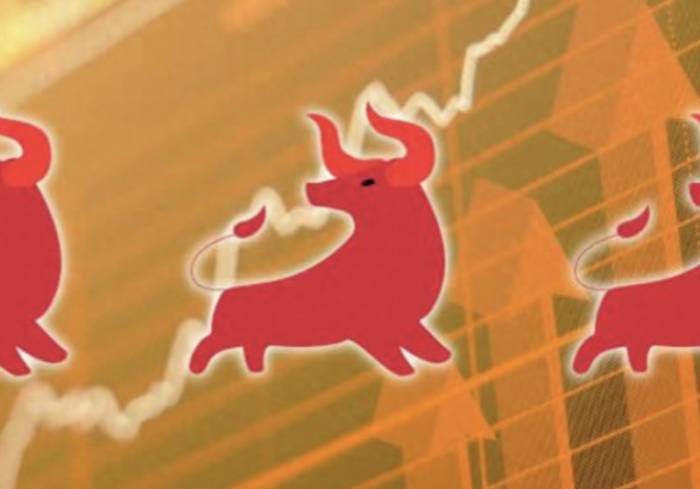
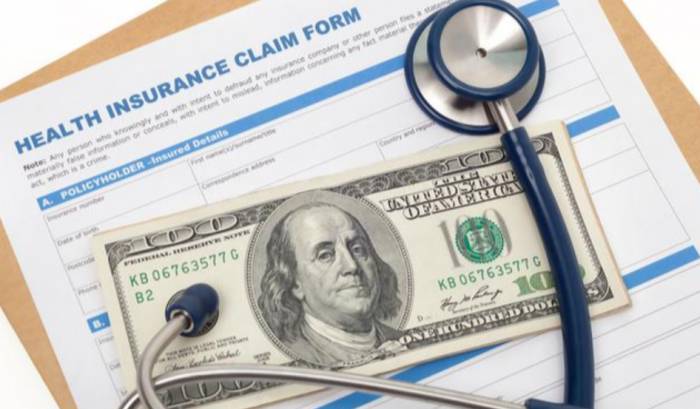
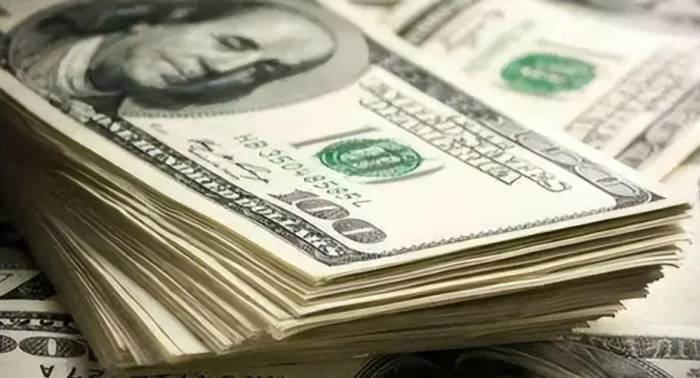
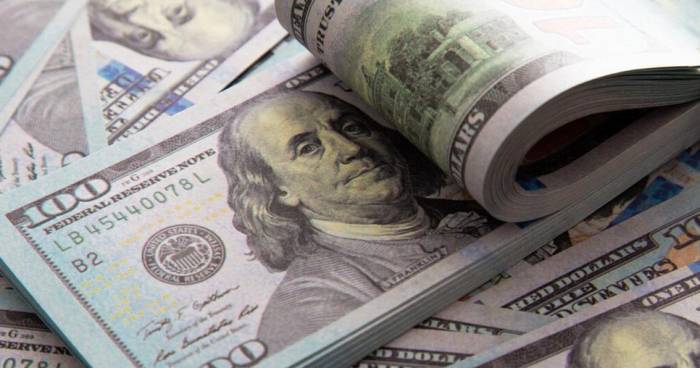


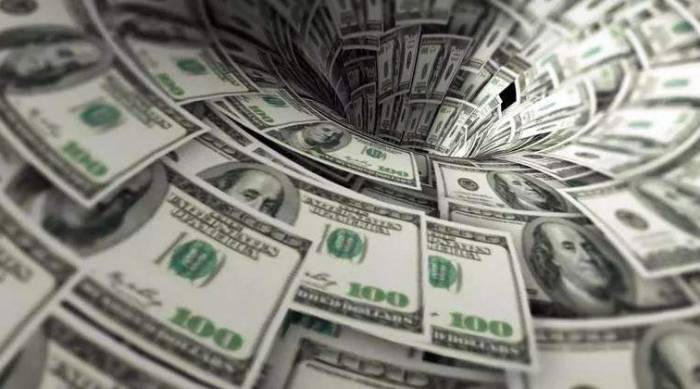






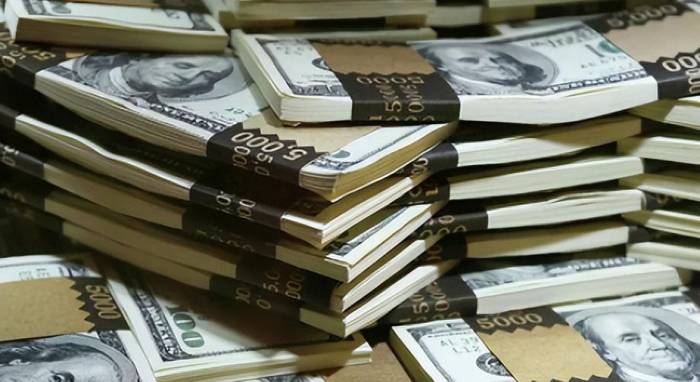






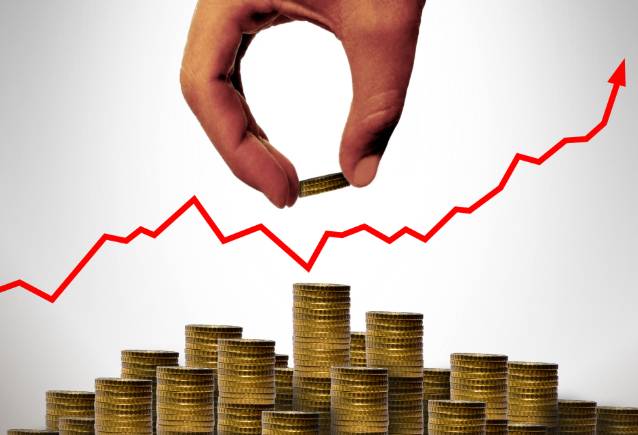




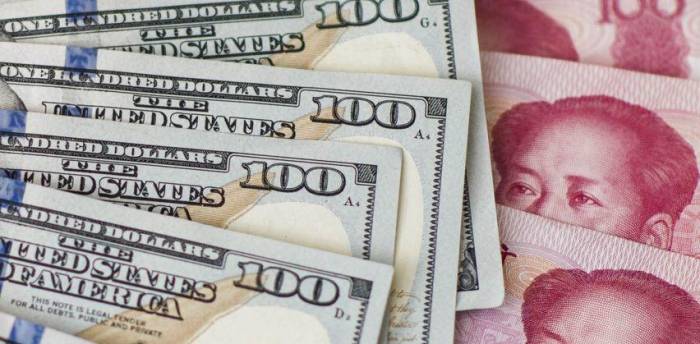

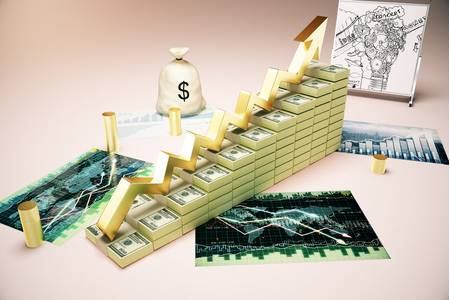

Leave a Comment